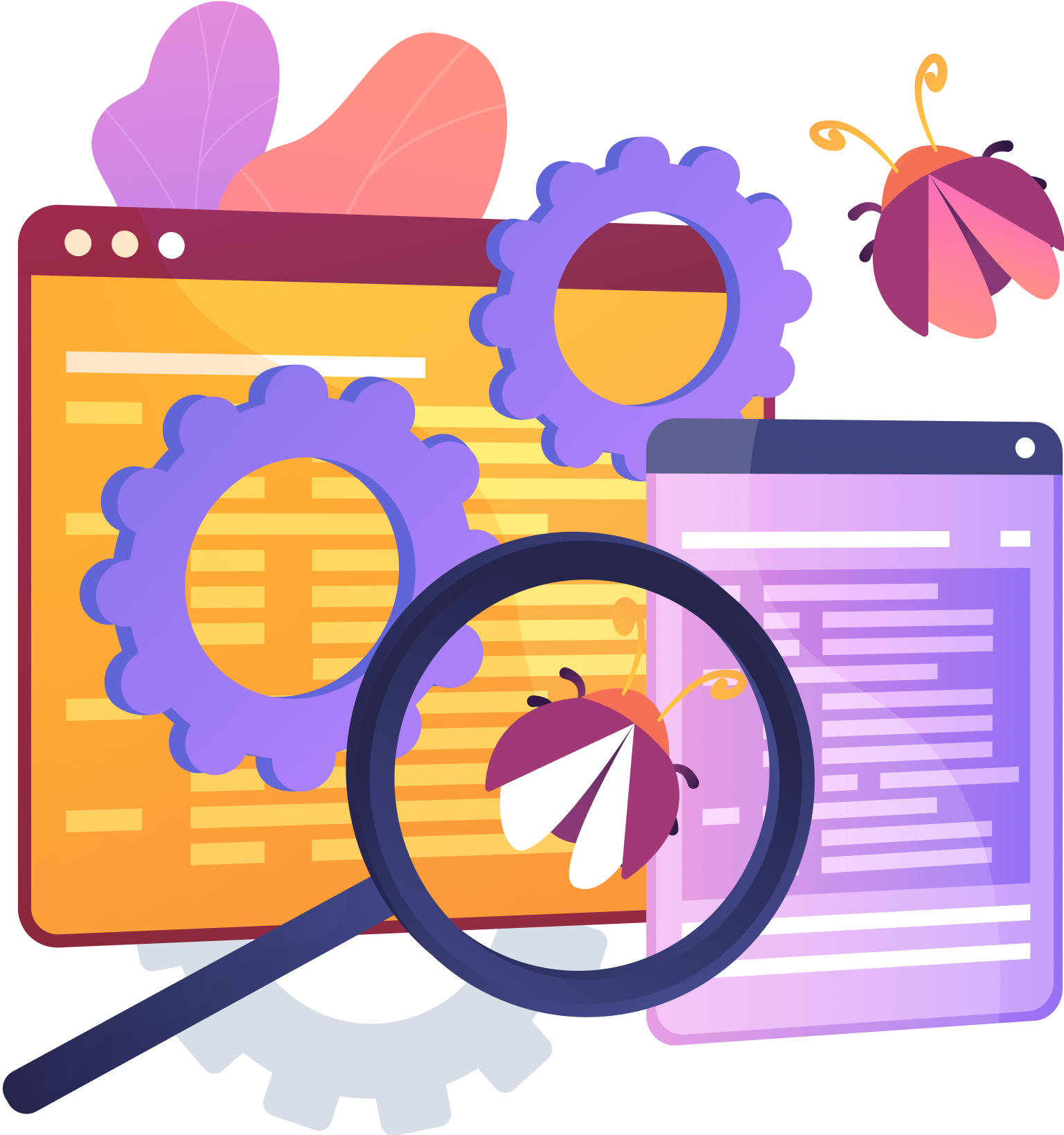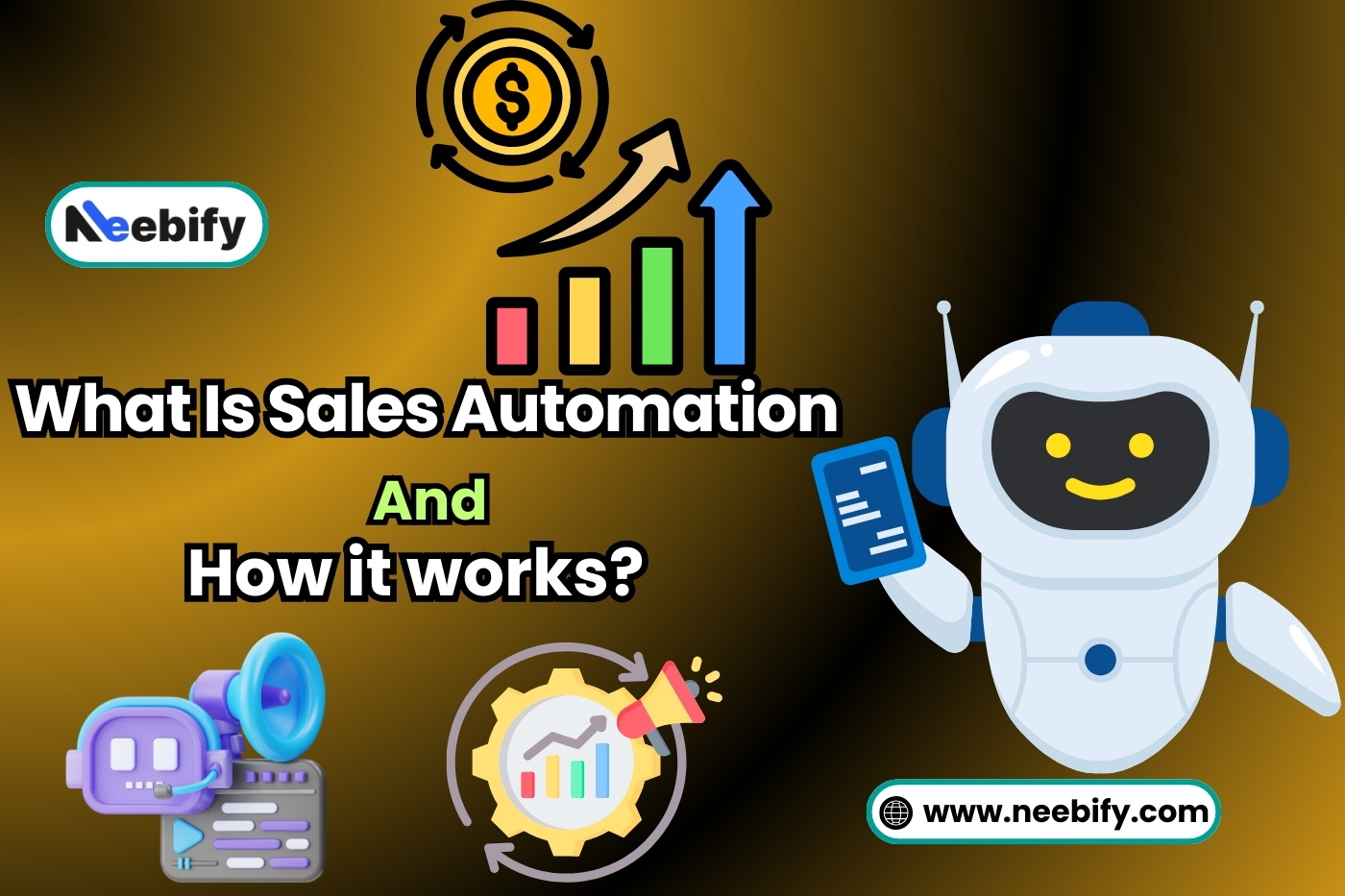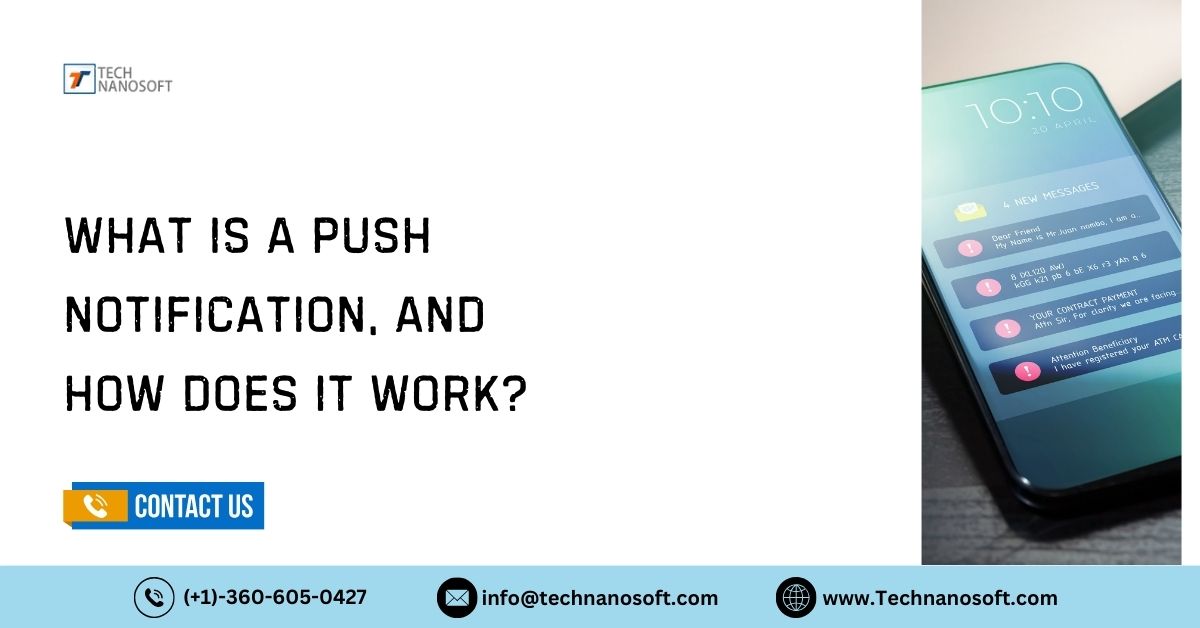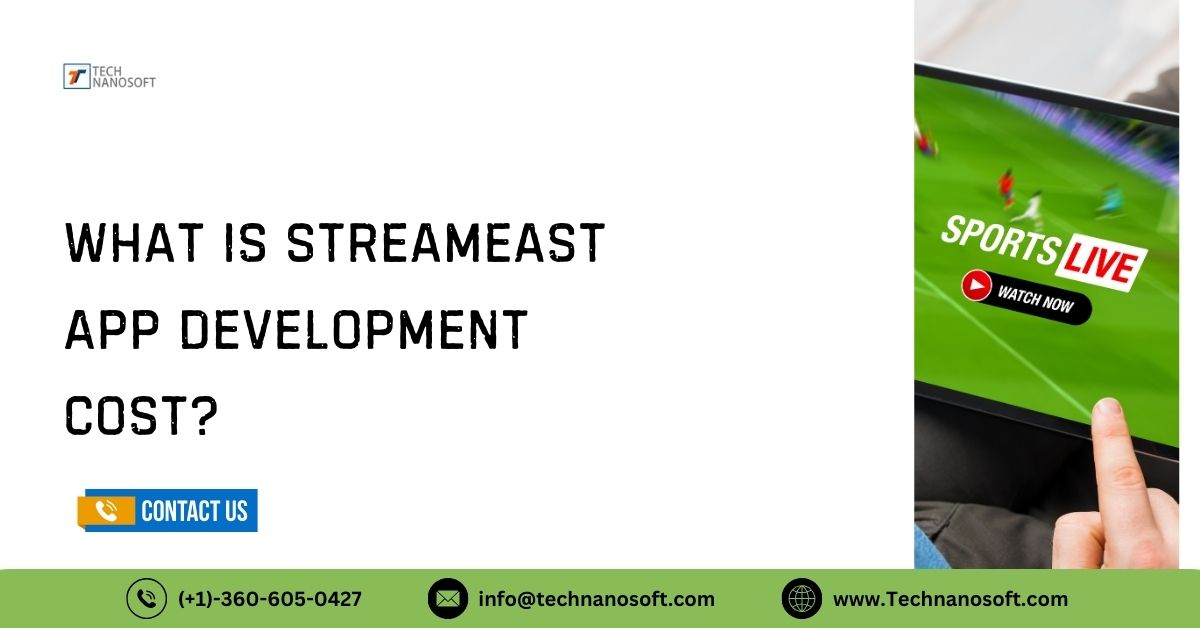The Quantum Frontier Stated: A Practical Guide to Quantum Application Development

In the fast changing environment of information technology, quantum computing has emerged as a game-changing paradigm that has the potential to transform the way we address complicated challenges. Quantum application development, a specialized but rapidly growing discipline, has enormous promise for innovation across multiple industries. In this enlightening post, we will delve into the practical features of quantum computing, investigating what it is, how it works, the necessity for coding, and the differences between it and artificial intelligence. In addition, we will look at different types of realistic quantum application models, the benefits they provide, their numerous use cases, and predict on the future of quantum app development.
What Is Quantum Computing?
Practical quantum application development refers to quantum computing, which uses quantum physics concepts to execute sophisticated computations at rates unthinkable by traditional computers. In contrast to classical bits, which are binary and can only exist in one of two states (0 or 1), quantum bits, or qubits, can exist in numerous states at the same time due to a phenomenon known as superposition. This distinguishing feature enables quantum computers to process massive amounts of data simultaneously, making them extraordinarily powerful for certain types of computations.
Uncovering the Fundamentals of Quantum App Development
Quantum app development entails designing software apps that make use of quantum computers' computing capability. Unlike typical software development, quantum app development necessitates a thorough understanding of quantum algorithms, gates, and circuits. To realize the full potential of quantum computing, developers must understand the complexities of quantum mechanics.
Comparison of AI And Quantum Computing
Artificial intelligence (AI) and quantum computing are two independent technologies with opposing goals. AI is concerned with developing intelligent systems that can replicate human-like cognitive processes, whereas quantum computing is concerned with efficiently solving complicated mathematical problems. While conventional computing systems are frequently used in AI, quantum computing acts at the quantum level, utilizing the principles of superposition and entanglement.
Models of Practical Quantum Apps
1. Quantum Cryptography: In cryptography, quantum apps use quantum characteristics to construct highly secure communication channels. The principles of quantum entanglement and superposition provide a unique approach to encryption, providing a theoretically unbreakable foundation for safe data transmission while resolving flaws associated with traditional cryptography approaches.
2. Optimization Issues: Quantum applications excel at tackling complex optimization issues such as route planning and resource allocation. These applications exceed classical methods by utilizing quantum algorithms, providing exceptional efficiency in discovering optimal solutions for difficult logistical and resource management challenges across numerous industries.
3. Simulations of Quantum Systems: Quantum simulations describe and simulate complicated systems using quantum computing. These applications, which range from chemical interactions to economic scenarios, provide insights into processes that are difficult for traditional computers to accurately imitate. Quantum simulations have the potential to advance research and development in a variety of sectors.
4. Annealing at the quantum level: Quantum annealing is a specific quantum computing technique designed to solve optimization problems. It effectively explores solution spaces by utilizing quantum fluctuations. This approach is especially useful in circumstances where determining the global minimum of a complicated energy landscape is critical, such as in optimization issues.
5. Quantum Computing at the Universal Level: Universal quantum computing is the pinnacle of quantum app models, providing a general-purpose solution to a wide range of issues. These applications can handle a wide range of computational tasks, from simulating quantum systems to optimizing algorithms, and represent an important step toward realizing the full promise of quantum computing in a variety of disciplines.
The Positive Aspects of Quantum Apps
1. Exponential Acceleration: Quantum apps outperform traditional computers in terms of exponential speedup for specific computations. Quantum algorithms offer parallel processing by leveraging the principles of superposition and entanglement, drastically speeding calculations. This advantage in speed opens up new avenues for research, optimization, and data analysis, transforming computational capabilities.
2. Increased Security: Quantum apps increase security by using quantum cryptography to create communication channels that are resistant to hacking efforts. Quantum mechanics' unique features, like as entanglement, allow theoretical resilience to traditional cryptographic threats. This increases data security, especially in sensitive communication and information transmission.
3. Solving Intractable Issues: Quantum apps address challenges that traditional computer technologies have declared essentially unsolvable. These applications use quantum superposition and entanglement to navigate difficult problem areas with extraordinary efficiency. This skill has transformative ramifications, providing solutions to previously impossible issues in disciplines such as optimization, modeling, and scientific inquiry.
4. Cost-cutting measures: The efficiency of quantum algorithms helps to reduce costs in a variety of businesses. Quantum apps reduce resource utilization and operating costs by expediting complex computations and streamlining operations. Because of its low cost, quantum computing is an appealing choice for enterprises looking to accomplish more with less resources.
5. Strong Processing Power: Quantum apps take advantage of quantum computers' massive processing capacity, allowing them to do complicated tasks tenfold quicker than their classical counterparts. This unrivaled speed unlocks the capacity to solve complex issues across multiple disciplines, pushing advances in research, modeling, and data analysis.
Case Studies From Various Industries
1. Cybersecurity Quantum Applications: Quantum applications are transforming cybersecurity by providing secure communication via Quantum Key Distribution and durable encryption via post-quantum cryptography. Quantum-safe VPNs provide strong online privacy while strengthening data protection against increasing cyber threats.
2. Artificial Intelligence with Quantum Applications: Quantum applications in artificial intelligence accelerate machine learning with Quantum Machine Learning, improve neural networks, and optimize algorithms. Breakthroughs in quantum computing promise extraordinary progress, altering the landscape of intelligent computing and boosting AI capabilities to new heights.
3. Healthcare: In healthcare, quantum applications use powerful algorithms to evaluate large datasets, speeding up drug discovery procedures and enhancing individualized treatment regimens. This game-changing technique improves precision medicine by providing novel answers to difficult medical problems.
4. Finance: Quantum computing transforms traditional financial processes by faster financial modeling, improving risk analysis, and optimizing portfolio management. The unprecedented processing capacity of quantum algorithms enables real-time decision-making in the volatile financial landscape, boosting efficiency and resilience.
5. Logistics: Quantum algorithms are crucial in logistics because they optimize supply chain management. These applications help to streamline operations, cut expenses, and boost overall efficiency. Quantum solutions provide a competitive advantage by allowing businesses to handle difficult logistical challenges with greater precision and resource optimization.
READ ALSO - Strengthen Creativity With A Quantum App Development Solution in The Digital Age
Quantum Application Development Tools
Quantum application development tools are essential for realizing the full promise of quantum computing. Platforms such as IBM's Qiskit and Google's Cirq provide open-source frameworks for building, simulating, and executing quantum algorithms. The Quantum Development Kit from Microsoft incorporates Q#, a quantum programming language, into Visual Studio. D-Wave Systems supplies the Ocean SDK for quantum annealing computers, whereas Rigetti Computing provides the Forest SDK with Quil. ProjectQ, Quipper, and PennyLane complete the toolbox by offering a variety of alternatives for quantum algorithm development, simulation, and interaction with classical computing frameworks, hence promoting the growth and accessibility of quantum computing research and application development.
What's Next in Quantum App Development?
The topic of quantum app development has enormous promise as quantum computing technology advances. To realize the full potential of quantum computers, developers and academics are investigating novel algorithms, error correction approaches, and hardware enhancements. The future of quantum app development is bright, with the ability to alter businesses and overcome previously unsolvable challenges.
Conclusion
the creation of realistic quantum applications represents a fascinating convergence of quantum mechanics and software engineering. Collaboration between quantum physicists and software developers is critical as we navigate this unexplored region. The subject is primed for tremendous expansion, and quantum computing applications will undoubtedly leave an indelible impact on a wide range of industries. The possibilities are as vast and endless as the quantum states themselves as we embark on our quantum trip.
FAQ’S For Practical Quantum Application Development
Q.1. What is Quantum Application Development in Practice?
Quantum application development entails designing software applications that make use of quantum computing principles. It focuses on utilizing quantum computers' unique characteristics to tackle complicated problems effectively. Practical quantum app development investigates varied applications in various industries, ranging from quantum cryptography to optimization techniques.
Q.2. What Is the Difference Between Practical Quantum App Development and Classical Software Development?
The development of practical quantum apps differs greatly from traditional software development. This field's developers work with quantum algorithms, gates, and circuits to solve problems unique to quantum computing. Understanding quantum physics is critical because quantum apps take advantage of superposition and entanglement to gain processing advantages.
Q.3. Is Non-Quantum Experts Able to Develop Quantum Apps?
While having a basic understanding of quantum mechanics is advantageous, quantum app development tools and frameworks are becoming more user-friendly. Platforms such as Qiskit and Cirq provide resources and documentation, allowing developers with traditional computing backgrounds to begin investigating and developing quantum applications without needing to be quantum experts.
Q.4. What Industries Can Benefit from Quantum Apps?
Practical quantum apps offer a wide range of applications in a variety of industries. Quantum computing can optimize processes, improve security, and solve complicated problems in fields ranging from healthcare and finance to logistics and cybersecurity. Industries that use quantum apps can see huge improvements in efficiency and innovation.
Q.5. What Are the Prospects for Practical Quantum Application Development in the Future?
Exciting opportunities await in the development of practical quantum applications in the future. As quantum hardware advances, more industries will investigate and embrace quantum solutions. Ongoing research in quantum algorithms and error correction techniques will almost certainly broaden the breadth of quantum applications, paving the path for game-changing advances.









